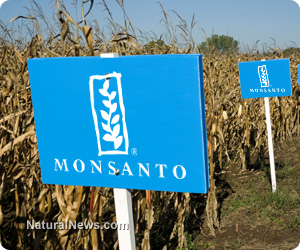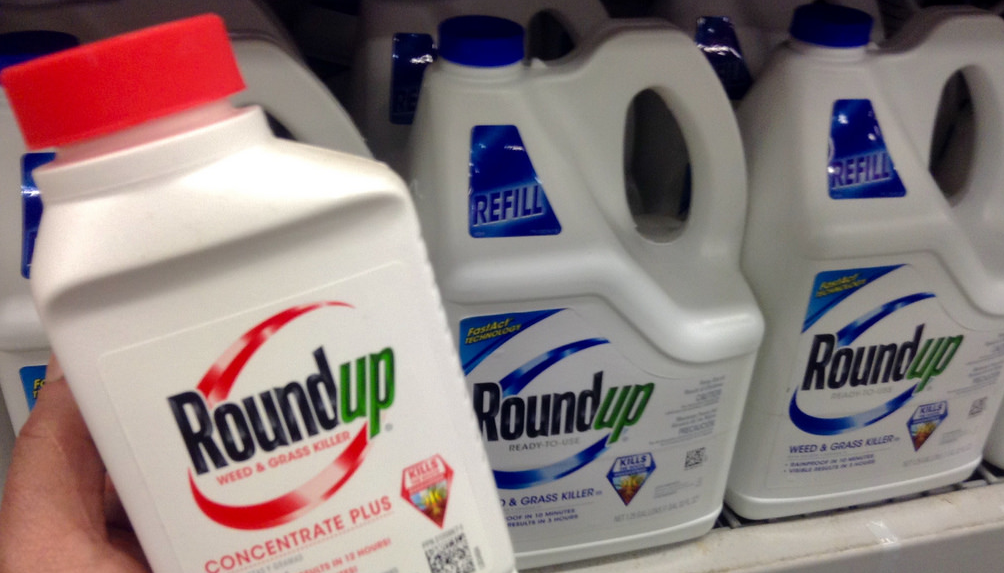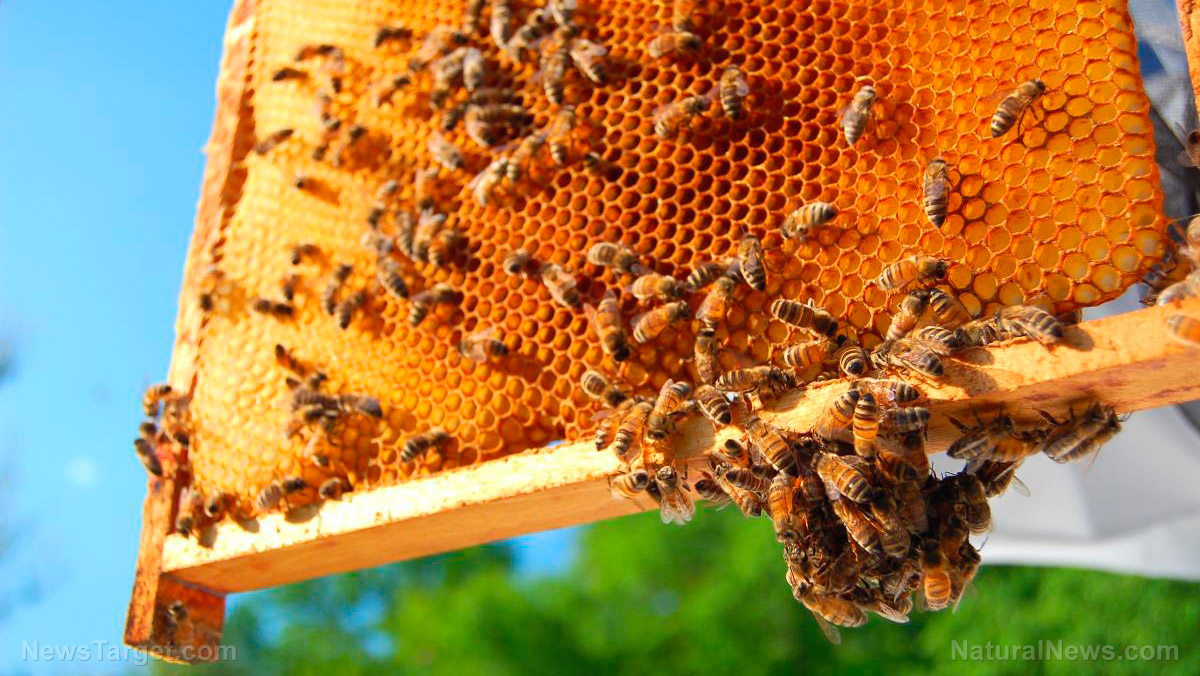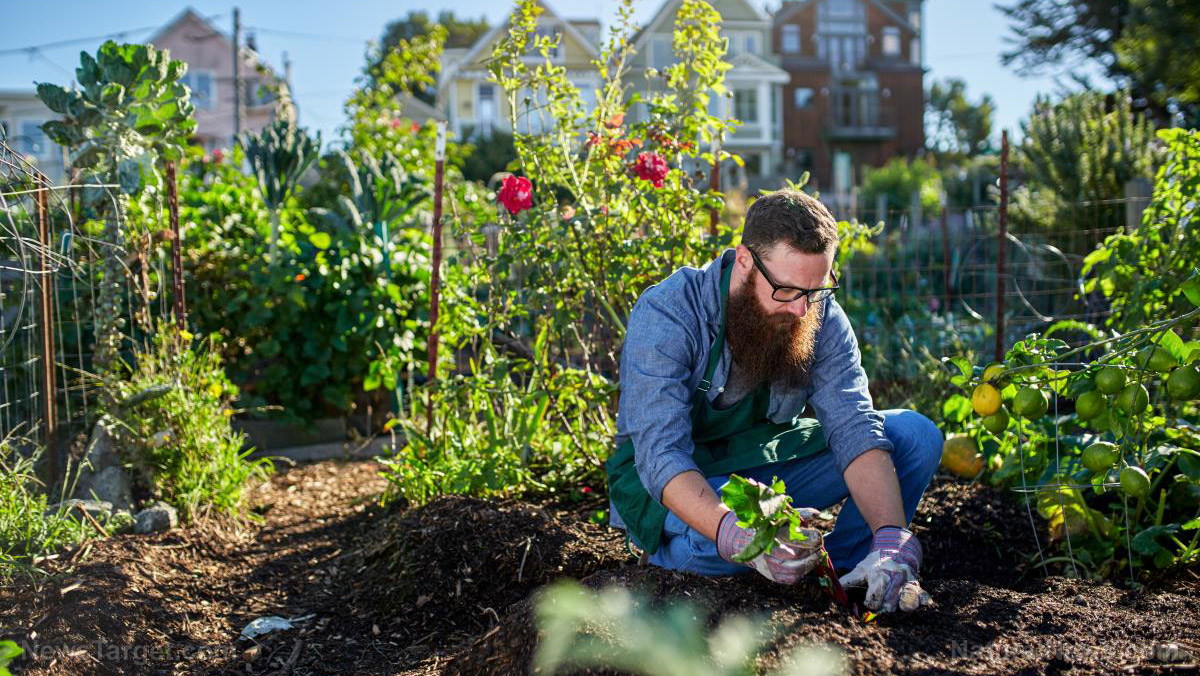Journal corrections on glyphosate review confirms what we’ve been saying for years: Monsanto released ghostwritten papers declaring supposed “safety” of their pesticides
12/09/2018 / By Isabelle Z.

Monsanto, the manufacturer of the popular glyphosate herbicide Roundup, does such a good job of trying to downplay the health dangers of glyphosate that you might almost be tempted to believe them. When detractors try to claim that Monsanto themselves were behind studies that supposedly show the pesticides are safe, it’s easy for the firm to dismiss the idea as a “conspiracy theory.”
However, the truth has finally prevailed, at least in one case, and the academic journal Critical Reviews in Toxicology has issued corrections to articles that it published reviewing glyphosate’s safety.
According to the corrections, Monsanto failed to fully disclose its involvement with five articles printed in the journal entitled, “An Independent Review of the Carcinogenic Potential of Glyphosate.” Not surprisingly, the articles concluded that the chemical was not likely to cause cancer in humans. It turns out that the review was written by experts overseen by a consulting firm that Monsanto hired.
In a rare “expression of concern,” the journal’s publisher, Taylor & Francis, admitted that the authors of the review didn’t explain why they were not transparent when the article was submitted and went on to outline some of the wrongdoings. This confirms what Natural News and other independent news outlets – not to mention many Roundup Cancer attorneys – have been saying for many years: Monsanto ghostwrites science and deceives the public to make it appear as though its top-earning herbicide does not actually cause cancers like non-Hodgkin lymphoma.
However, while national law firm Baum, Hedlund, Aristei & Goldman said the corrections were a positive step, they pointed out that they failed to address all of the violations that have been found to date.
For example, one correction says that Dr. John Acquavella was paid by Monsanto directly to participate on one of the panels of experts, receiving $20,000. However, other review authors also received money from Monsanto, with Larry Kier getting more than $27,000 from the firm for another of the reviews; this was not corrected by the journal. Monsanto emails confirm that Dr. Kier worked in the same role as Dr. Acquavella. Other emails point to the possibility that review author Dr. Tom Sorahan also received payment from Monsanto.
In addition, another correction by the journal says that Monsanto scientist William Haydens had “pointed out some typographical errors.” The law firm has documents that show his involvement went much deeper, drafting, organizing and editing the reviews, including writing the draft introduction chapter.
It is also worth noting that the previous reviews that were cited in the papers were also ghostwritten by Monsanto. Moreover, Haydens admitted in an email planning the review papers that they could keep costs down by doing the writing themselves and having scientists sign their names to it.
The truth about Monsanto is coming to light
Although it’s good to see the publisher making some corrections, it’s unfortunate that the move only came about in response to pressure after a series of incriminating documents were released during litigation. Center for Biological Diversity Senior Scientist Nathan Donley is one of several scientists who would like to see the study retracted altogether. He also takes issue with the journal continuing to allow the phrase “independent review” to remain in the title when the evidence shows that it was anything but independent.
Once again, Monsanto has shown its true colors. It’s not a stretch to imagine that this is far from the first time they’ve had a hand in misleading people about the dangers of glyphosate; it’s just one of the few times they’ve been caught. How many other times has this happened? One can only hope that as further evidence of their transgressions comes to light, they will one day be held accountable for their deceptive ways.
See more coverage of widespread science fraud at ScienceFraud.news.
Sources for this article include:
Tagged Under:

















